The oatmeal is a cereal grain that dates back thousands of years and is a fan favourite among dietitians. It's a major global crop since it thrives in temperate locations with plenty of rain and doesn't require as much fertiliser as wheat. Even so, the vast majority of production goes towards feeding livestock.
There are five distinct types of oats that can be consumed by humans. Oat groats, Scottish oats, steel-cut oats, rolled or old-fashioned oats and instant or quick oats are the various forms of oats, listed from least processed to most. Many oatmeals can be found on the shelves of your local grocery. The least processed versions of most meals tend to be the healthiest, although many people still choose the more convenient varieties.
Table of Contents
What is oatmeal?
Oatmeal is either a coarse flour made from milled (ground) or steel-cut hulled oat grains (groats) or a preparation made by de-husking, steaming and flattening whole oats. White oats are another name for ground oats. Also called "coarse oatmeal," "Irish oatmeal," and "pinhead oats," steel-cut oats have several names. Cooking time is governed by the measurement of the oats and the quantity of precooking, so conventional thick old-fashioned rolled oats can be made thinner or smaller to be classified as quick oatmeal or instant oatmeal.
What is the difference between oat and oatmeal?
The names "oats" and "oatmeal" are sometimes used interchangeably, even though "oats" technically refers to the whole grains and "oatmeal" to the porridge-like dish often produced from them and/or to the processed form of the whole grains. Oatmeal, which is created by boiling oats in water or milk, is a popular breakfast food. Porridge is another name for oats. They are also a common ingredient in baked products including cookies, granola bars, and muffins. Oatmeal (porridge) made from oats is a popular morning whole grain option.
Nutritional value of oatmeal:
Oats are primarily composed of carbs. About 389 calories can be obtained from consuming 100 grams of oats. Thiamine, zinc, iron, magnesium, manganese, phosphorus, and selenium are just a few of the many important vitamins and minerals found in oats. Muesli is an excellent source of many nutrients, including fibre, vital fatty acids, vitamin E, and protein. Oats are rich in the heart-healthy beta-glucan starch, and their high fibre content helps lower cholesterol and protect against several malignancies.
Health benefits of oatmeal:
Oatmeal is good for your heart
Beta-glucan, a form of soluble fibre high in antioxidants, is related with protection against heart disease, reduced cholesterol levels, and inflammation reduction, and whole grain oats are a major source of this nutrient. Consuming whole grains on a regular basis is beneficial to cardiovascular health.
Glucose levels are lowered as a result
The beta-glucan in oats is effective in the prevention and management of diabetes. Researchers studied the effects of muesli on blood sugar levels as a short-term intervention for people with type 2 diabetes. Researchers found that those who ate oats had significantly lower blood sugar levels and increased insulin sensitivity, both of which are associated with a decreased risk of developing type 2 diabetes.
Boosts immune system
Beta-glucan, a type of dietary fibre, has many health benefits, including lowering blood sugar levels and supporting a healthy heart. It can also defend against infection by promoting good immunological function. This helps your immune system become ready for battle against disease.
Promotes good digestion
Oatmeal's high fibre content aids digestion and keeps bowel movements regular. In terms of relieving digestive disorders including diarrhoea, constipation, and irritable bowel syndrome, many people believe that cereal fibres are more beneficial than fibre from fruits and vegetables. The inflammation of the digestive tract can be reduced by this fibre.
Aids in weight control
Oatmeal's high water and fibre content makes it a useful choice for people watching their weight and attempting to curb their appetite. You may be less tempted to eat between meals if you have a breakfast high in fibre and total volume. You may increase the nutritional value even further by including protein and healthy fats like almonds.
Types of oatmeal:
Steel-cut oats: Unlike traditional oats, which were rolled into thin sheets, steel-cut oats have their kernels chopped into thin strips. It may take up to 20 minutes of boiling time on the hob to soften them because of the slicing.
Rolled oats: Rolled oats, sometimes known as "old-fashioned oats," have the appearance of flat, spherical circles. It takes less time to prepare and absorbs more liquid than steel-cut oats. They are commonly found in granola bars, baked foods, and stovetop oatmeal.
Instant oatmeal: Quick oats are oats that have already been precooked, dried, and flattened; they just need a few minutes to cook once they're rehydrated. Thinner than rolled oats, they are the most processed form of oats. It's vital to check the sugar content of your instant muesli, as many companies add flavouring or sweetener.
Ways to incorporate oatmeal into our diet:
Although oats is most commonly consumed in the morning, it may be incorporated into any meal or snack. If you want to consume more muesli, try these easy and nutritious methods:
- Make meatloaf and burgers healthier by subbing oats for bread crumbs.
- Make a lentil loaf with oats and enjoy a satisfying vegetarian supper.
- Instead of eating unhealthy desserts, try making some oatmeal cookies.
- Add some soy sauce and green onions to your oatmeal for a quick and easy savoury breakfast.
- If you are hungry during the day, make some overnight oats to nibble on.
- Mix together some oats, almonds, and dried fruit to make your own granola.
- Mix muesli with unsweetened fruit and plain yoghurt for a nutritious supper or snack.
- Use a topping of flour, oats, and sugar to create a crisp with fruit.
- Mix some oats into the pancake mix. Whirl them in a food processor to get a smoother finish.

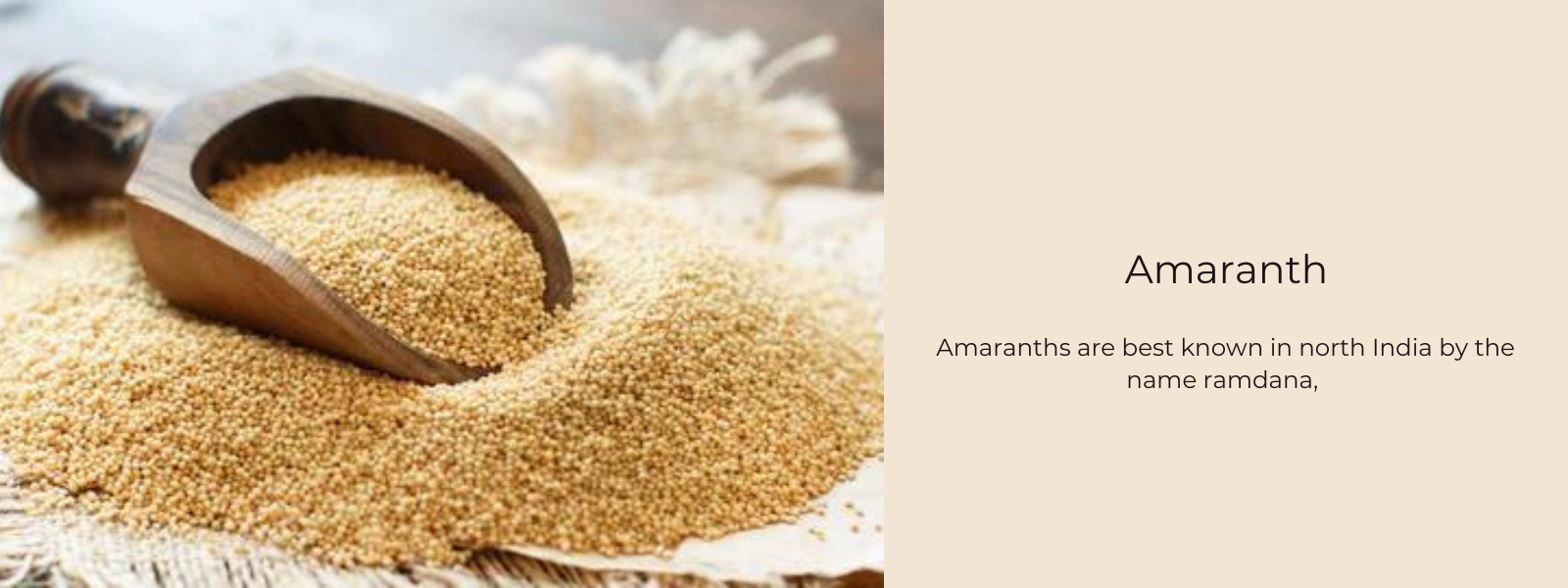
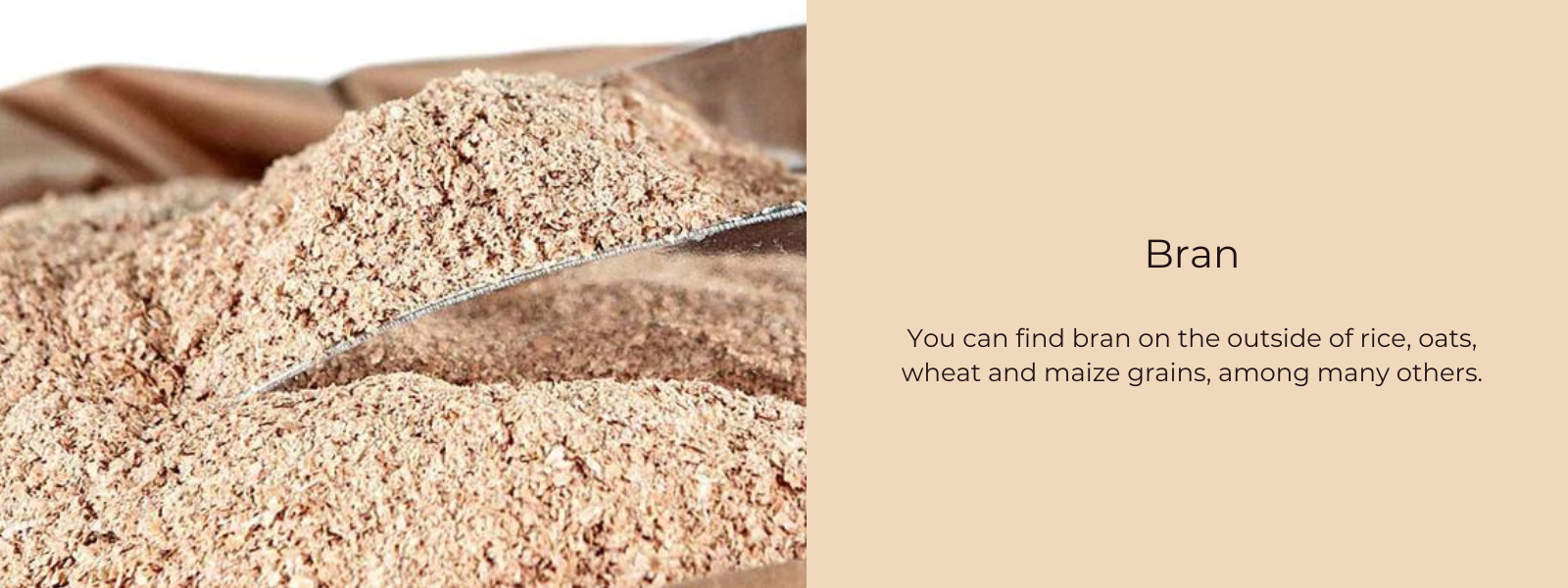
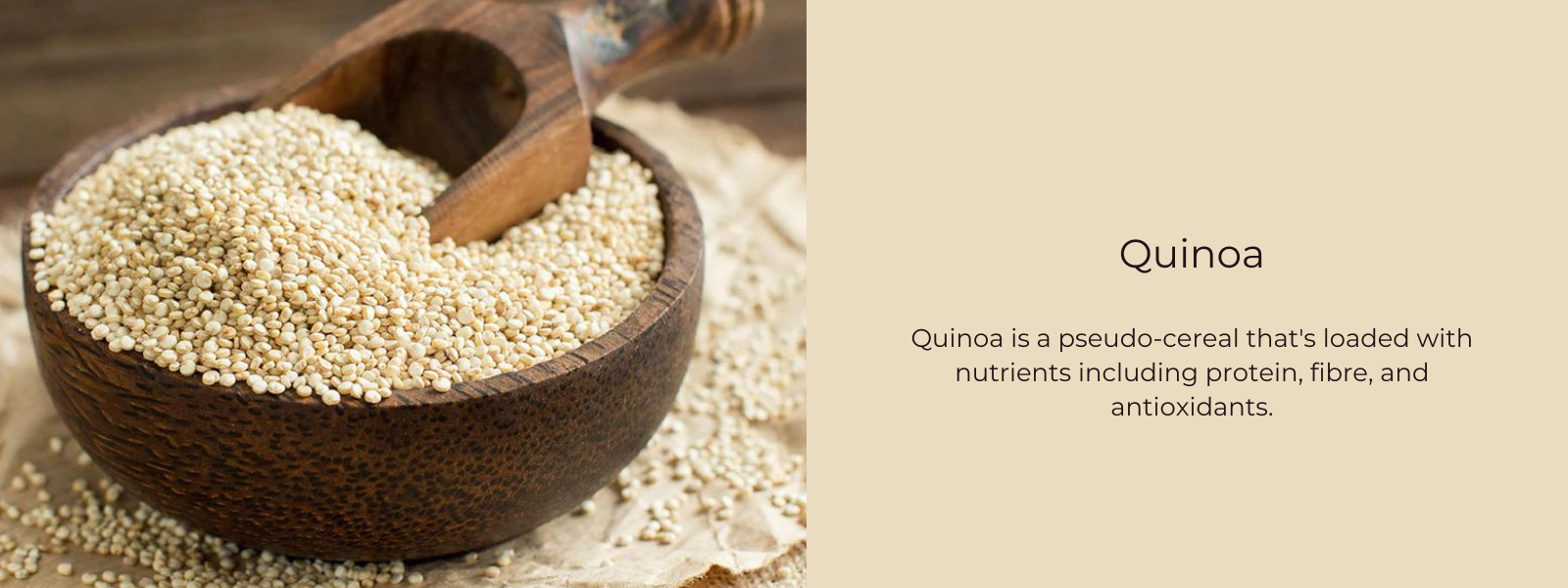
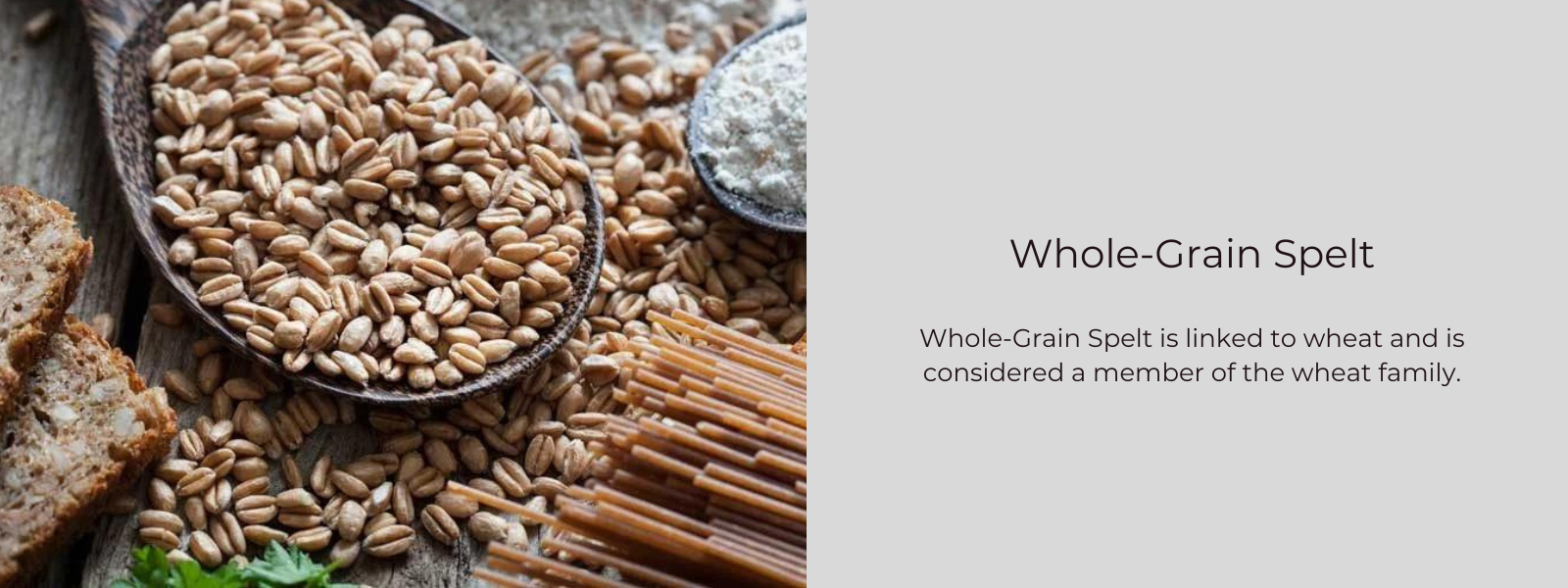
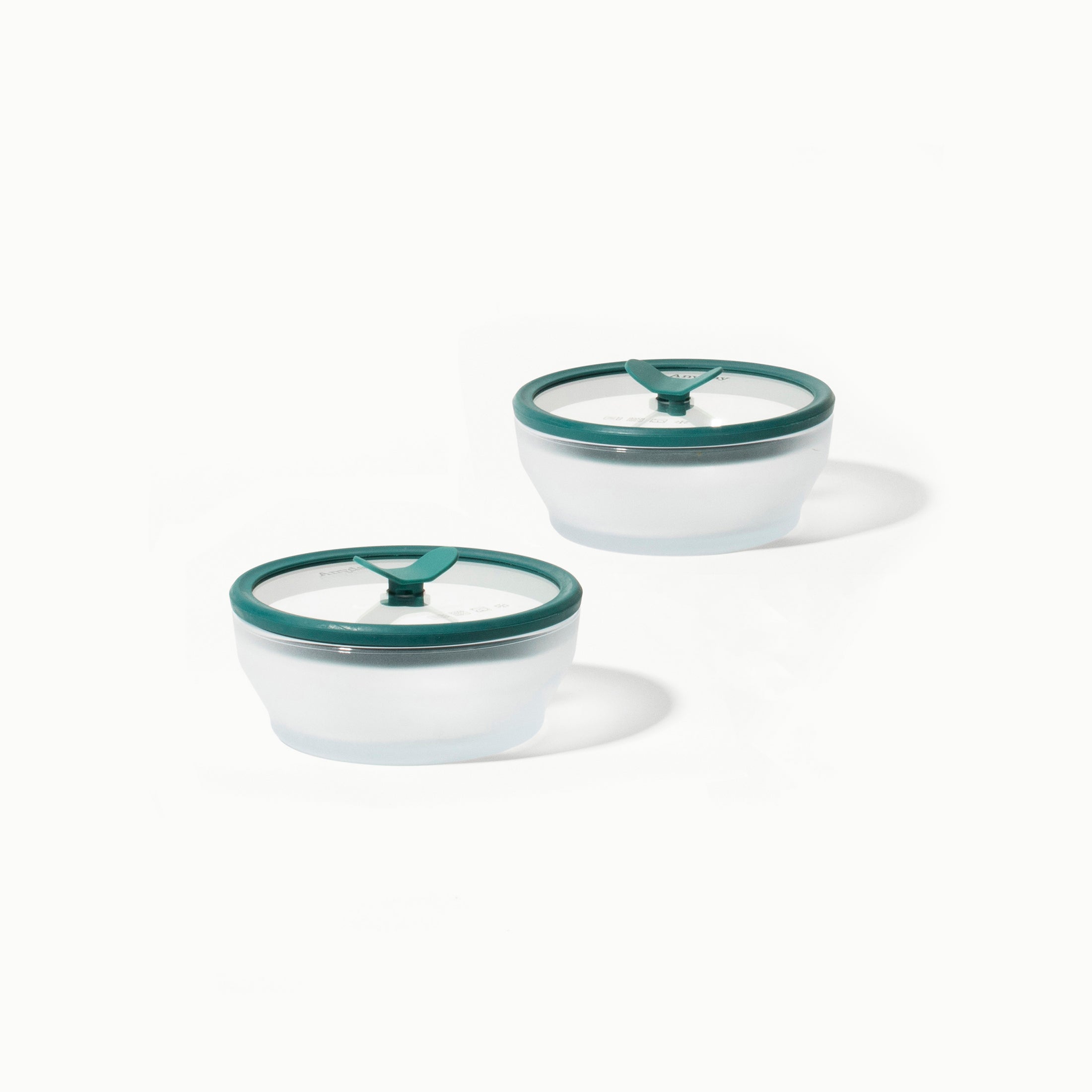
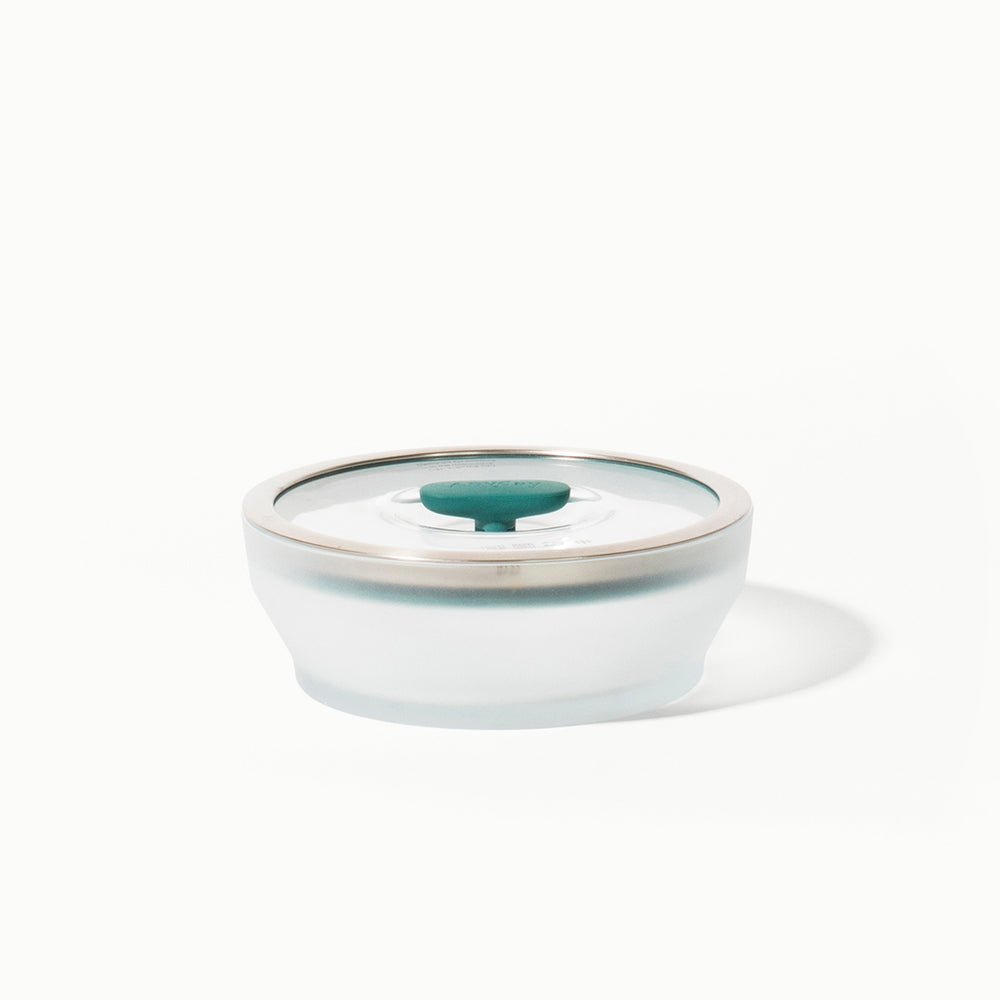




Leave a comment